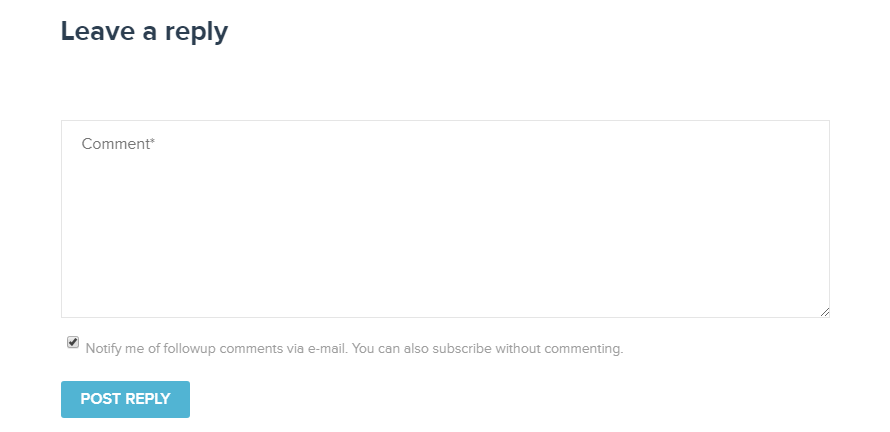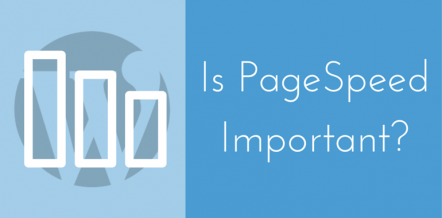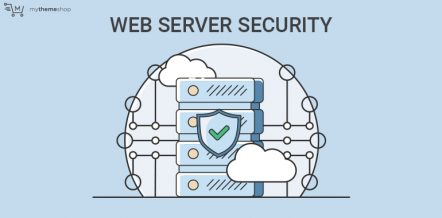
You might have wondered, what is the difference between a blog and a website?
Isn’t a blog just a website?
How does one differentiate between a website and a blog?
Today we are answering these questions for you.
Table Of Contents
- 1. Difference Between Blog and Website
- 2. What Makes A Website A Blog
- 3. Major Differences
- 3.1 Blogs Encourage Conversation
- 3.2 Blogs Have More Content Than A Website
- 3.3 Blogs Can Be Run By A Single Person
- 3.4 You Know The Person Behind The Blog
- 4 What Makes A Blog A Blog?
- 5 What Are Blogs Used For?
- 6 Merging Boundries
- 7 Conclusion
1 Difference Between Blog and Website
From a technical perspective, blogs and websites are similar. You can even say that they are almost the same.
A 10,000 feet view on the subject will explain the differences better. Think of it this way.
What qualifies as a website?
- Amazon.com (e-commerce) qualifies as website
- Google.com (search engine) qualifies as a website
- Evernote.com (note taking) qualifies as a website
- Apple.com (online presence of a company) qualifies as website
- Newyorktimes (online news) qualifies as a website
- YouTube.com (online video) qualifies as website
- Facebook.com (social network) qualifies as a website
- Wikipedia.com (online encyclopedia) qualifies as website
- Seth Godin’s Blog also qualifies as website
The above examples clarify one thing. A blog is a kind of website. Similar to the saying that “All Apples are fruits, but not all fruits are apples.”, all blogs are websites, but all websites are not blogs.
2 What Makes A Website A Blog
Since blogs are websites at the core, it’s important to define what makes a website, a blog.
Wikipedia defines a blog as a web-log on which information is regularly updated. In our opinion, that is a limited definition of a blog.
We believe that the difference between a website and a blog is how the data is presented and the goal of the data that is presented.
A Website’s Content Is
- Static
- Written in a formal or professional way
- Only written to provide information, not engage in a discussion
- Written for business or a commercial purpose
- Written about a product, service or industry
A Blog’s Content Is
- Dynamic, changing frequently
- Informal or formal depending on the author
- Written for engagement
- Written for fun, information, education, or no reason at all
A website’s goal is usually commercial. They are used to sell products or present information about a product or service to the consumer. The goal of a website’s content is based on the intention of the website owner. The content itself just acts as a way to achieve the goal.
On a blog, the content is the only intention. The goal of the content is to engage with the reader.
3 Major Differences
The line between a blog and a website is thin, but there are some things that only blogs do and some things only websites do. Let us discuss some of the important differences.
3.1 Blogs Encourage Conversation
A blog’s goal is to engage with the user. The content is written so that the readers and the author form a connection.
For that reason, blogs have a commenting system.
If you are reading something on a website and at the bottom of the page you see the option of writing a comment, more likely than not, you are reading a blog.

A commenting system makes it easy for the readers to ask a question, thank the author, or engage with other commenters.
You won’t find a commenting system on a website since the communication is formal and for commercial purposes. The communication on a website usually happens through email, contact forms, or live chat.
3.2 Blogs Have More Content Than A Website
Since the goal of a blog is to publish content, you will find a lot more content on blogs compared to websites.
A website for a commercial business may only have a few pages with little content, but rarely would you find a blog that has that little content.
Blogs organize the content in different ways as well. Some blogs group the content into categories and some use tags.
Websites don’t take advantage of categorization as they don’t have that much content in the first place.
3.3 Blogs Can Be Run By A Single Person
Blogs are tools of expression for a person. Only the content and the reader matter, the rest is secondary. A single person can easily manage the amount of work on a blog. In fact, most personal blogs are run by a single person.
A website’s goal is commercial, and a single person rarely runs a business. The same way, a website for business will have multiple people running and managing it.
3.4 You Know The Person Behind The Blog
Blogs are rarely anonymous. You will always know the person behind the blog, as that is the goal of the blog in the first place. A lot of bloggers include their personal stories, experiences, and learnings on their blogs.
Websites are very different. When was the last time you went on Amazon.com and wondered who would handle your order?
4 What Makes A Blog A Blog?
Today, a blog is like a digital magazine. Just like a magazine’s goal is to engage the reader with new content frequently, a blog’s goal is the same.
Owning a blog makes you a publisher, and the home page of your blog is the cover page of your digital magazine.
There are many reasons why people start blogs.
- Some people start blogs as an online journal
- Some people start blogs to express their opinion
- Some people start blogs to establish their authority in their field
5 What Are Blogs Used For?
A single blog can serve multiple purposes. You might choose to start a blog about a subject you are professionally involved in or passionate about.
Many companies integrate blogs into their websites to communicate informally with their users. They might discuss the product, the industry, or the problems that their product solves.
Many online news websites have also started using blogs as a way to engage with the audience on another level. The difference between a journalistic piece and a blog entry on a news website is simple. A news article has to factually correct while a blog entry can be factual or opinionated.
6 Merging Boundaries
When the internet was young, the boundary between a blog and a website was clearly defined. Today, this boundary is shrinking and overlapping.
Today, a company selling products online with a website can also have a blog on their website.
An individual writing about a topic on their blog can also sell online courses using a website.
A news website can have a commenting system to engage readers.
A personal blog about travel might link to some affiliate products to make money.
This raises some questions.
- What do you call a website that has a blog too?
- What do you call a blog with features similar to a website?
- What do you call a blog that has a commercial intent?
- What do you call a website in which you know the people who run the website?
There is no correct answer to these questions.
To truly define the difference between a blog and a website, we have to understand the intention of the owner.
6.1 Blog or Website? Which Should You Choose?
Regardless of your motivations, it’s important to know if you should start a blog or should you start a website?
We discussed merging the boundaries above. But what do not merge are your goals and intentions. What are your intentions? What are your goals? Why do you want to start a blog or a website in the first place?
Remember, a website is an online representation of something else. It might be a product, a service, a tool, even a human. The underlying principle is that a website is a means to showcase information about something else. The website has no meaning without that something.
A blog is an entity in itself. It does not need to represent something. The content on the blog is the essence of the blog.
If you are still confused, the following answers will help you reach a decision.
Q: Are you starting a blog/website for fun?
A: Start a blog
Q: Are you wanting or hoping to make money with your blog/website?
A: Start a blog
Q: Are you looking to sell products to customers?
A: Start a website and integrate a blog to talk about your products
Q: Are you looking to seek employment with your blog?
A: Start a website about yourself
Q: Are you looking to establish yourself as an authority on a subject?
A: Start a blog or a website
Q: Are you looking to generate more leads/sales/revenue for your business?
A: Start a website and optionally, integrate a blog on it
7 Conclusion
We hope that it’s clear to you what the differences between a blog and a website are. The lines between the two are thin and blurry, but the intentions are not. Think of your end goals to decide which is a better option for you.
Regardless of whether you want to start a website or a blog, you need three things.
- A playground to test your website or blog without spending any money. Read about how to set it up, here.
- A web host that will host your blog or website.
- A selection of beautiful, well-designed themes to set up your blog or website. MyThemeShop Themes is the place for that.
As always, if you have questions, doubts, queries, or clarifications, let us know in the comments. We will help you out in any way we can.




